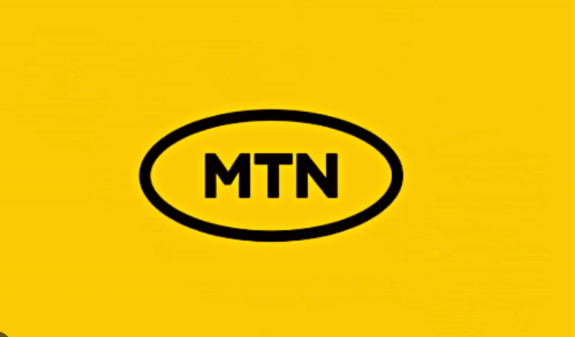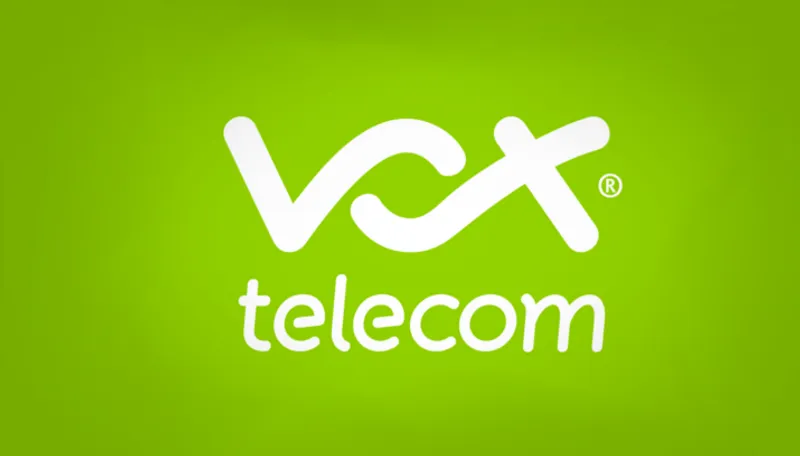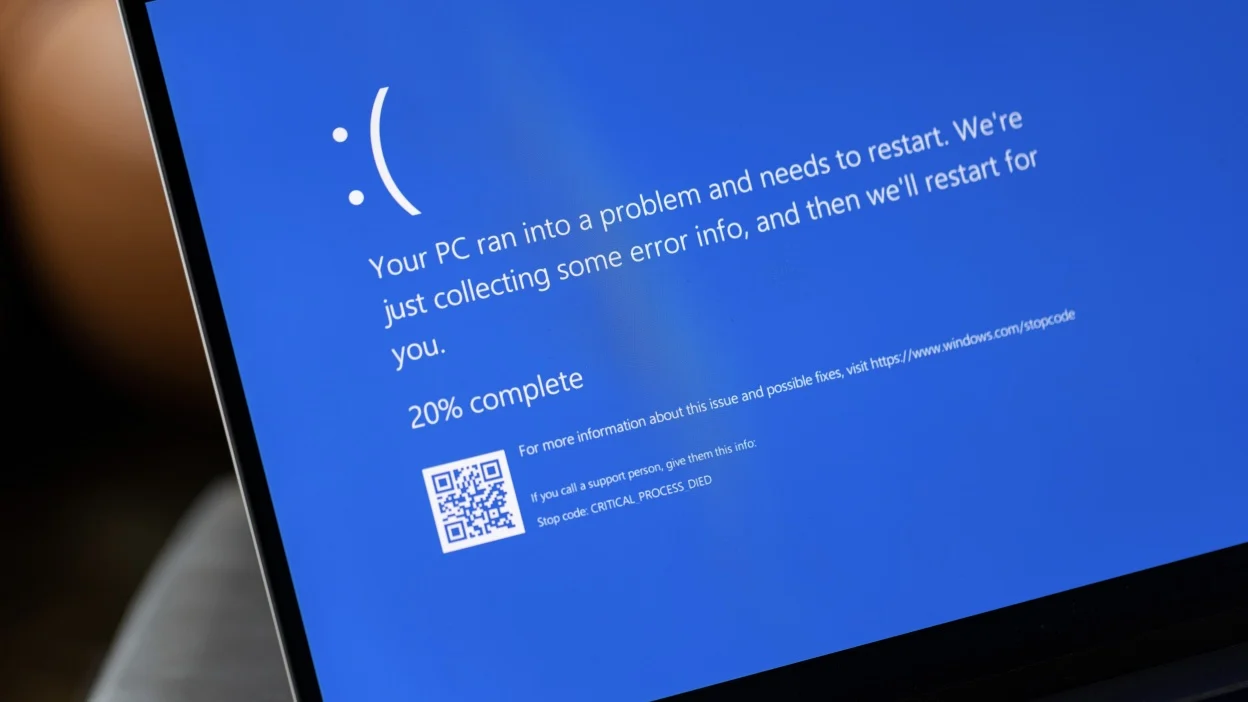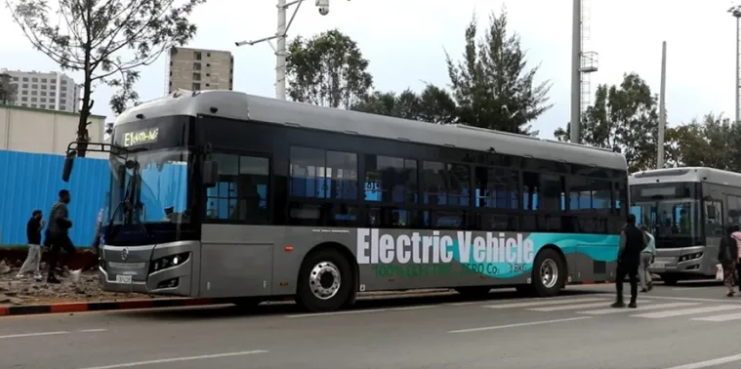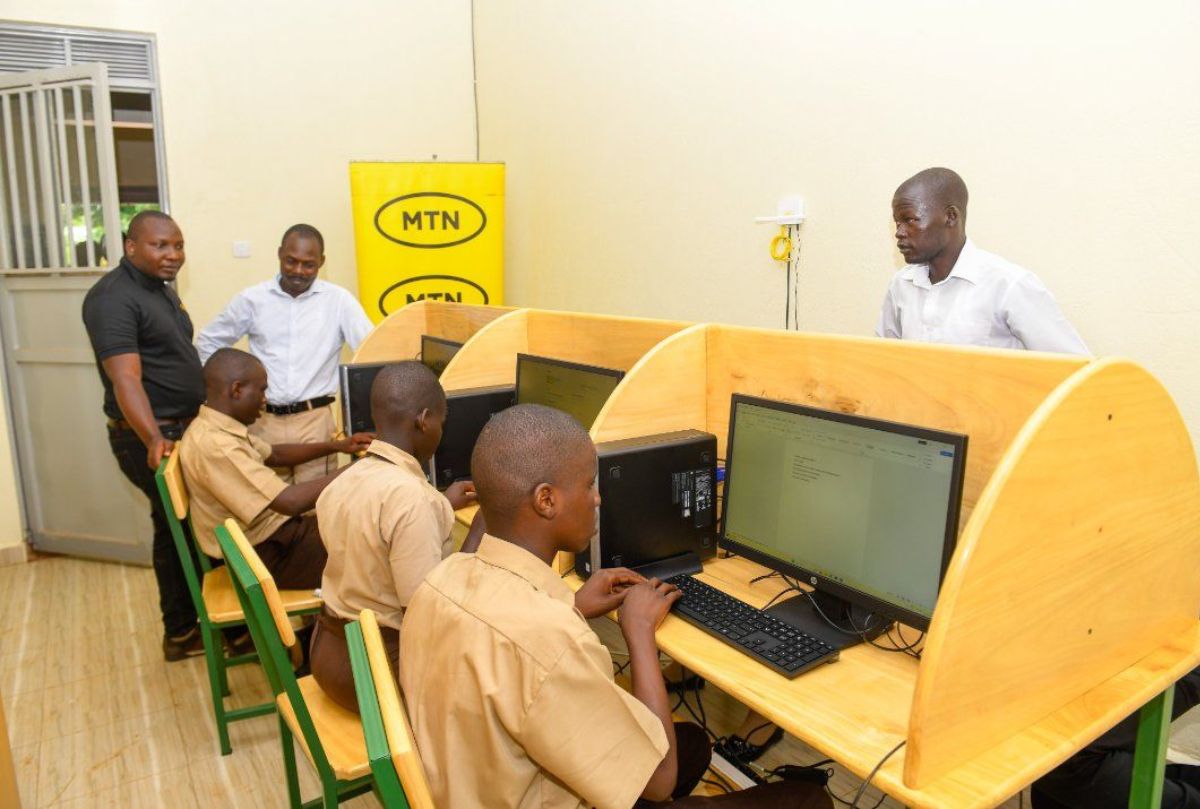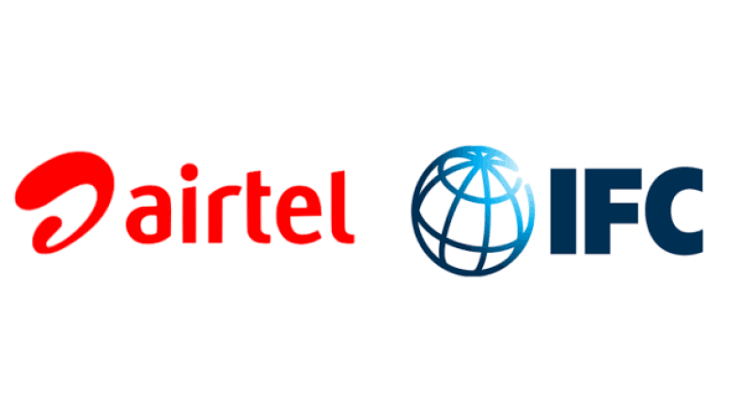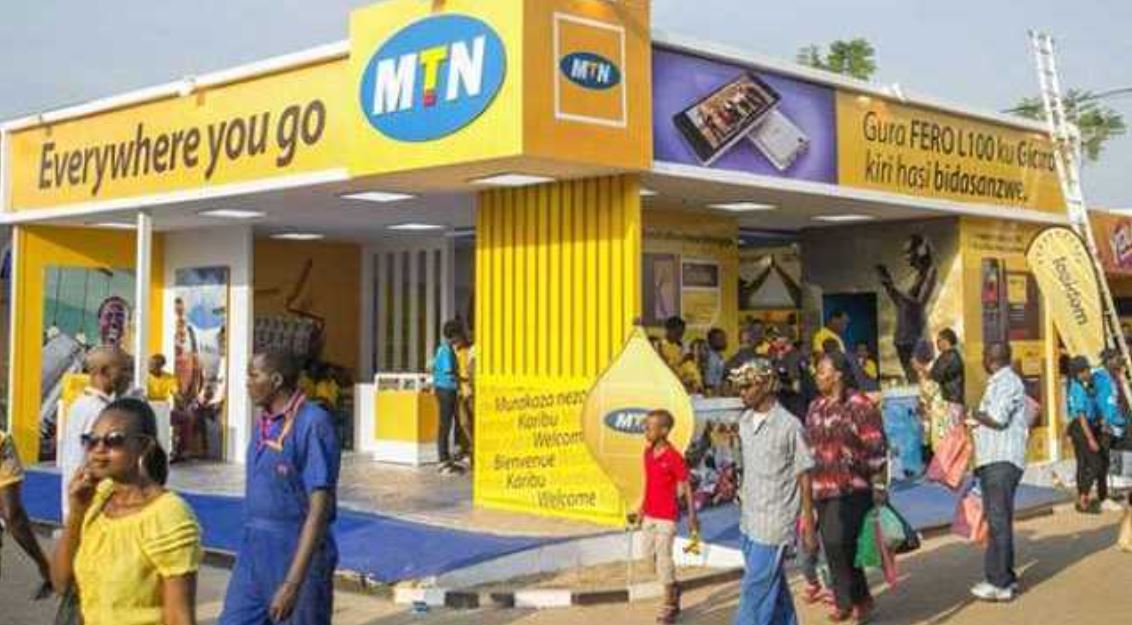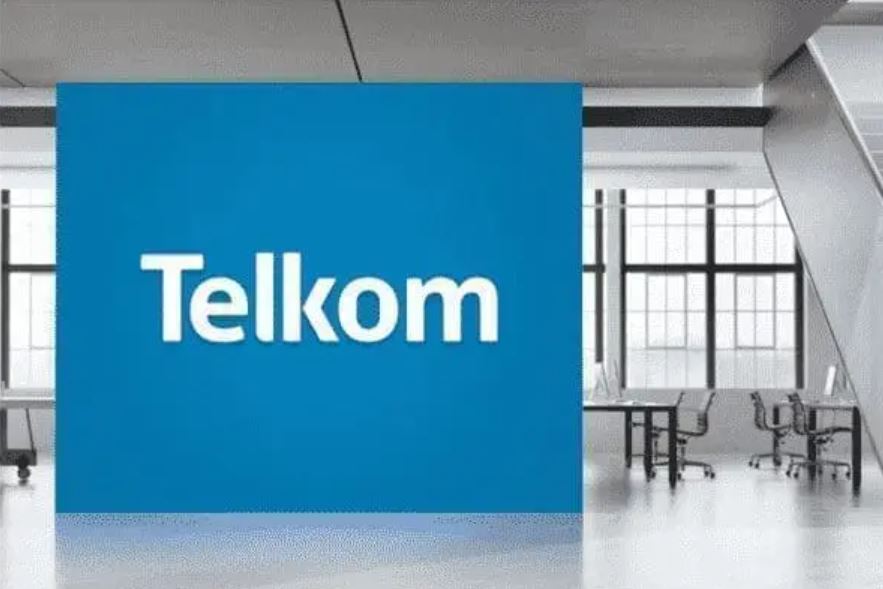MTN, a South African mobile operator, announced on Wednesday that a Cameroonian appeals court had unfrozen its bank accounts, which had been seized in 2022 due to a loan dispute with a Cameroonian business tycoon.
In September 2022, a court order froze MTN Cameroon’s accounts, which held 14 billion CFA francs (approximately $23.20 million). This freeze put the company’s operations in jeopardy, as MTN Cameroon, part of Africa’s largest mobile carrier, serves approximately 15 million users in the country.
The dispute stemmed from a real estate loan issue between South Africa’s First National Bank (FNB) and Ahmadou Baba Danpullo, a Cameroonian business mogul who owns Bestinver Group.
When FNB liquidated several of Danpullo’s properties in South Africa due to a loan default, he retaliated by targeting South African companies operating in Cameroon, including MTN. This led to a Cameroonian court freezing MTN’s accounts as part of a third-party debt order.
In 2023, MTN Cameroon revealed that its funds would be moved to an escrow account overseen by the court registrar.
However, the company appealed the court’s decision, and on February 24, 2024, the appeals court ruled that Bestinver Group companies had no right to seize MTN’s accounts. In a statement dated March 31, MTN welcomed the decision, affirming the legitimacy of its defence and the restoration of its rights.
Despite this ruling, Mbanzehe Aggee, one of Danpullo’s solicitors, stated that he would continue pursuing legal action to seize the assets. “We are following legal procedures to obtain an enforcement order,” he said.
In recent years, MTN Cameroon has encountered legal and regulatory issues that are indicative of larger conflicts between international corporations and regional business and political interests.
Story background
On September 5, 2024, Techpression reported that despite a continuing court-ordered seizure of its bank accounts, MTN Cameroon, a subsidiary of South Africa’s MTN Group, pledged to continue operating in the Central African nation.
The accounts, which contain more than 14 billion CFA francs (about $23.72 million), have been frozen since September 2022 due to a legal dispute between First National Bank (FNB) of South Africa and business tycoon Ahmadou Baba Danpullo of Cameroon.
The controversy started when FNB liquidated Danpullo’s South African holdings after a real estate loan default. Danpullo retaliated by going after other South African companies doing business in Cameroon, such as MTN and Chococam, a division of Tiger Brands, in an attempt to recoup his losses.
Danpullo bases his case on the assertion that the Public Investment Corporation (PIC) of South Africa, which owns shares in FNB, has substantial holdings in MTN Cameroon and Chococam.
MTN Cameroon, on the other hand, denied any involvement in the disagreement, claiming that PIC is not a shareholder in the business and that the identities of the company’s stockholders are publicly available in Cameroonian courts.
The then MTN Cameroon CEO Mitwa Ng’ambi expressed regret over the development, saying, “We do not understand how we have been brought into this matter that we are not even remotely involved in.”
She further stated that the circumstance has hurt the business’s operations and diverted funds from its primary goal of offering digital solutions in Cameroon.
Ng’ambi stated, “This case poses a serious distraction from our business purpose,” adding that MTN has been compelled to take legal action to challenge the court’s ruling.
Due to the blocked funds necessary for day-to-day operations, MTN faced more challenging circumstances to continue paying its 200,000 distribution agents and over 800 staff.
